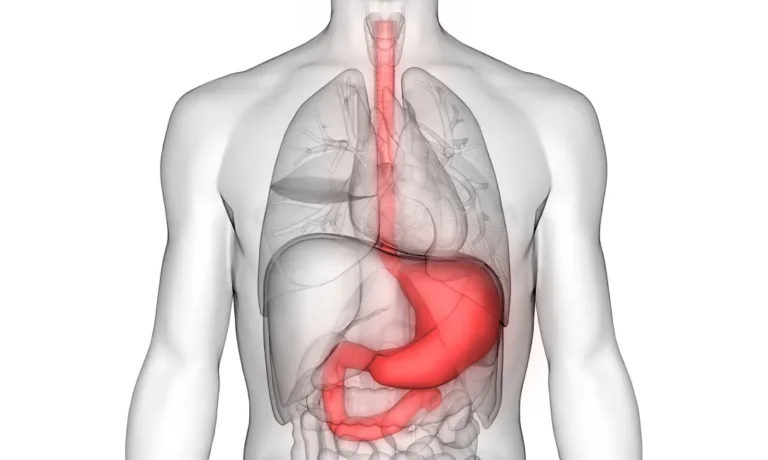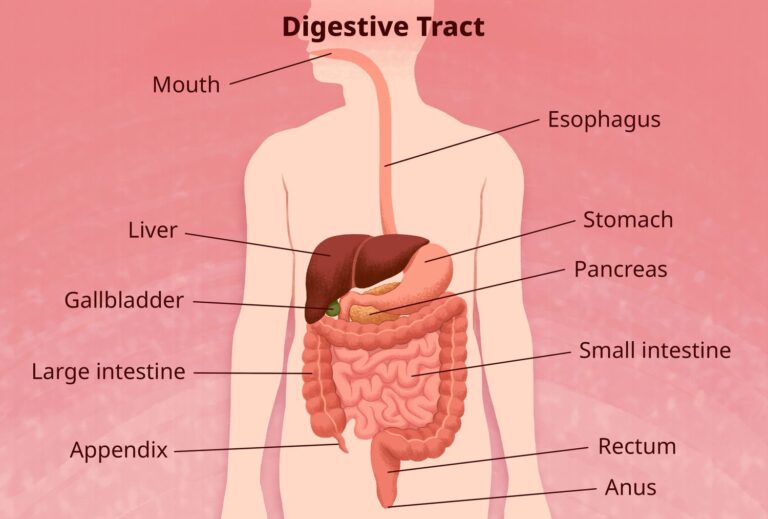How to Stay Digestively Healthy During Ramadan
Ramadan, a holy month for Muslims worldwide, involves a 30-day fast from dawn to dusk, combining spiritual reflection with health benefits. However, fasting during this time can have a significant impact on digestive health, causing gastrointestinal symptoms that can affect people’s daily lives. In this article, we’ll explore the potential effects of Ramadan fasting on digestive health and provide some helpful tips to reduce any negative impact.
How Does Fasting During Ramadan Affect Digestive Health?
Fasting during daylight hours can disrupt your usual eating habits and digestive routines, leading to several effects on your gastrointestinal system. Some of the most common digestive issues that may arise during Ramadan are:
- Dehydration: Not drinking enough water during fasting can lead to dehydration, causing constipation and other digestive problems.
- Acid reflux: Overeating during Iftar, the meal eaten after breaking the fast, can trigger heartburn and acid reflux (GERD), particularly when consuming high-fat, spicy, or acidic foods.
- Diarrhea: Rapid changes in eating habits during Ramadan can upset your digestive system, leading to diarrhea or loose stools.
- Constipation: On the other hand, some individuals may experience constipation due to a lack of fibre and fluids in their diet.
- Weight gain: Breaking your fast with a feast can cause weight gain, regardless of how long the fast has lasted during Ramadan.

Tips to Minimize Negative Effects on Digestive Health
To minimize the negative effects of Ramadan on digestive health, here are some tips to follow:
- Stay hydrated: Drink plenty of fluids, especially water, during non-fasting hours. This will aid digestion and help prevent dehydration and constipation.
- Limit caffeine intake: Caffeine can cause dehydration and disrupt sleep patterns. It can also cause stomach cramps and diarrhea when taken on an empty stomach. Limit your intake of coffee, tea, and other caffeinated beverages.
- Avoid sodas: The gas in sodas and other fizzy drinks can cause bloating and gas pain. In addition, many sodas are high in sugar.
- Eat a balanced diet: Meals should be simple and not differ too much from a normal diet. Try to consume a balanced diet during Iftar and Suhoor. Include foods that are high in fibre, such as fruits, vegetables, and whole grains, together with sources of protein, complex carbohydrates, and fats.
- Avoid overeating: Overeating can cause stomach cramps, heartburn, and acid reflux. Instead, eat smaller portions and chew your food thoroughly. Try to space meals out over the time when you can eat.
- Avoid going to sleep on a full stomach: If possible, try to stop eating for 2 hours before going to bed. Lying down and sleeping with a full stomach can push acidic stomach contents into the oesophagus or food pipe, causing heartburn and reflux.
- Stay active: Regular physical activity can help improve digestion and prevent constipation. Try to incorporate light exercises, such as walking or yoga, into your daily routine.
In conclusion, Ramadan can significantly impact digestive health, but with the right precautions and lifestyle modifications, you can minimize any negative effects. If you experience any severe digestive symptoms during Ramadan, make an appointment with me to ensure optimal digestive health.
Wishing you all a peaceful and healthy Ramadan!
For Queries regarding Gastroenterology feel free to reach out on
hello@drneildubai.com
or
Whatsapp me at +971506708472
or
Visit me at @healthbayclinic ‘s Day Surgery Center, 977 Al Wasl Road, Dubai







